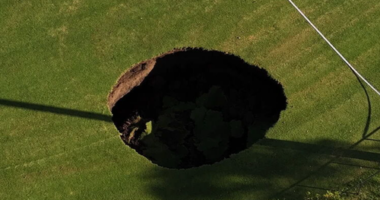Share this @internewscast.com
This significant increase in people with dementia is expected to coincide with the growth and aging of Australia’s population.
“The rate of deaths due to dementia also increased from 39 to 65 deaths per 100,000 population.”
‘Need to double everything’
There are many forms of dementia, with the most common being the degenerative brain disease Alzheimer’s disease.
“To adequately diagnose and manage a million individuals, we would need to double our memory clinic capacities, expand nursing homes, essentially scale up everything,” Low stated.
What are the risk factors?
“This doesn’t dismiss the potential role of genetic factors in some cases, but these genetic changes aren’t causative. Various environmental risk factors are implicated instead.”
“In later life, factors like social isolation, lack of involvement in leisure and social activities, and unaddressed vision loss emerge as risk factors,” Collins-Praino noted.
“We don’t really have evidence that dementia cases are prevented by addressing any of these risk factors.”










